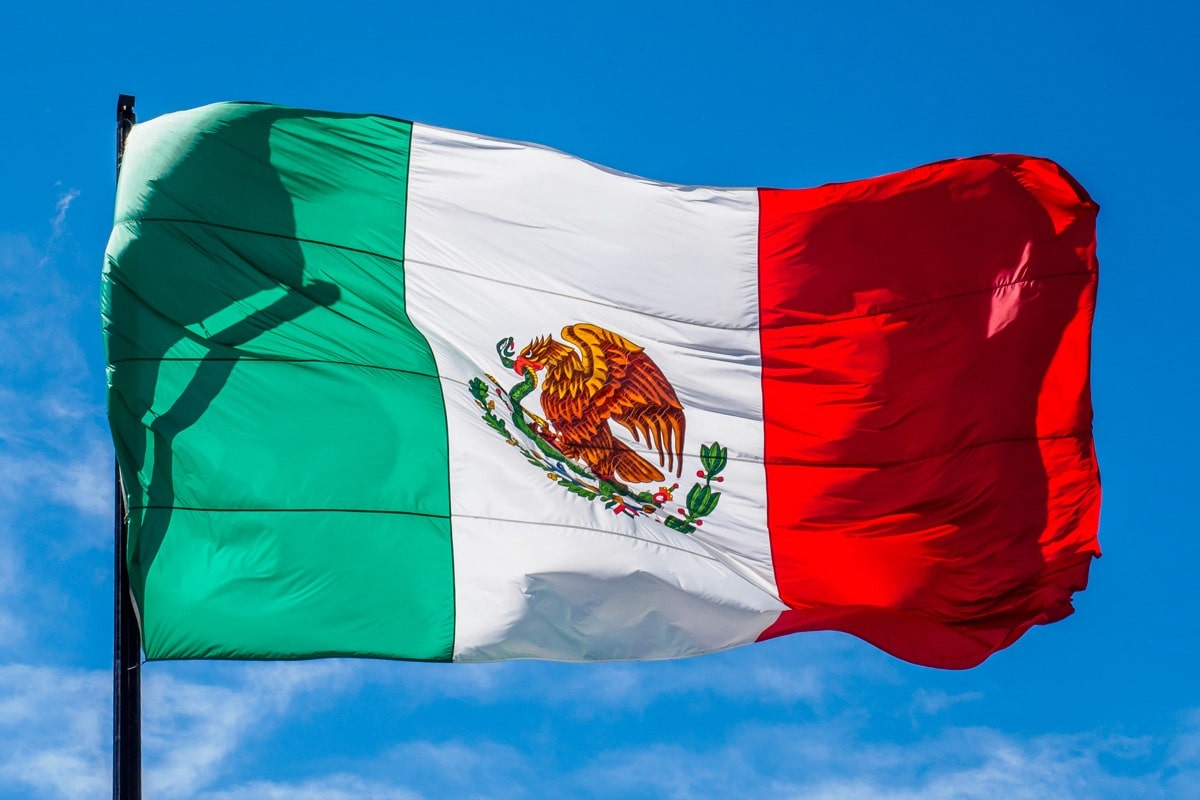In Mexico, the fintech ecosystem is particularly significant because it contributes to financial inclusion in a country where a large part of the population does not have access to traditional banking.

Fintech can be defined as an innovation in the financial sector that transforms the way we manage money. While many people are still unfamiliar with the term or its relevance, these technological solutions provide new ways to access financial services more quickly, easily, and affordably. So, it’s just the right time to find out what fintech is and what it means for the financial ecosystem of Mexico.
What Is a Fintech Company in Mexico?
Fintech stands for “financial technology.” It is a term used to describe any technological innovation that automates, streamlines, or improves the delivery of financial services. Thanks to smart algorithms and artificial intelligence (AI), fintech makes managing finances faster and easier than ever. From budgeting apps to automated investments, there are many ways these tools can help improve your personal finance management.
A fintech company in Mexico is a business that uses technology to provide financial services more efficiently. These companies create digital solutions such as mobile payments, online loans, investment platforms, or digital insurance. Their importance in Mexico is significant because they help more people access financial services, even those who do not use traditional banks.
Why Is the Fintech Sector Important in Mexico?
Today, fintech is changing the way we handle money. With its various tools and applications, users can make instant transactions, pay faster, enjoy improved security, pay lower fees, receive personalized advice, and much more.
As of 2024, nearly 1,000 fintech companies operate in Mexico: around 773 local and 220 foreign. More than 70 million people already use fintech services in Mexico, and the popularity of fintech solutions is growing rapidly. By 2027, it is expected that 86 million users will benefit from faster payments.
Between 2019 and 2023, Mexico’s fintech sector grew at a compound annual growth rate of approximately 18.4%. The Mexican fintech market was valued at roughly $20 billion in 2024 and is projected to reach $65.9 billion by 2033, growing at around 12.8% per year.
Fintech Solutions Promote Financial Inclusion in Mexico
About 44.6% of fintech services in Mexico aim to serve people or businesses without access to traditional banking (unbanked or underbanked).
The lack of access to traditional banking affects a significant portion of the population. According to the 2023 National Financial Inclusion Survey (ENIF), approximately 40% of Mexicans (~66 million people) are financially excluded, without access to a bank account.
This challenge also impacts small and medium-sized enterprises (SMEs), which represent 99% of businesses in the country. However, only around 11% of these businesses use bank credit due to access and cost barriers.
What Services and Products Do Fintech Companies Offer?
Fintech companies offer a variety of financial services and products. The most common include payment and money transfer platforms, which allow users to send money quickly and securely from their phones. Other fintechs provide personal and business loans with faster approval processes and simpler requirements than traditional banks.
Other areas include investments, where users can invest in different financial instruments with low fees and without intermediaries. There are also fintech insurance companies offering policies tailored to individual needs. Finally, crowdfunding platforms allow entrepreneurs to raise money for their projects.
The Impact of Fintech on the Financial Industry and Banking
Fintech is changing how people and businesses manage money. It enables faster payments, low-cost investments, and personalized financial advice, giving users greater control over their finances. For companies, technologies such as AI and blockchain allow faster development of innovative products with fewer resources.
Compared to traditional banks, fintech stands out for accessibility: users can operate from anywhere, at any time. Processes are more agile and efficient, reducing loan approval times and other services. They also tend to offer lower, transparent fees, representing significant savings.
These advantages mean fintech not only benefits users but also transforms traditional banking models, establishing itself as a key player in the future of the financial sector.
How Is Fintech Security Regulated in Mexico?
Regulation and security are fundamental in Mexico’s fintech sector. The Law to Regulate Financial Technology Institutions, known as the Fintech Law, establishes clear rules for fintechs to operate safely and transparently. The law covers authorization, supervision, sanctions, and user data protection. However, gaps still exist, especially regarding open banking and emerging financial models.
In terms of security, fintech companies use tools such as advanced encryption, two-factor authentication, and continuous monitoring of suspicious activity to protect transactions and user information. Users also need to adopt best practices, such as keeping devices updated and using strong passwords, to ensure a secure financial experience.
Benefits of Fintech Solutions for Users and Businesses
Fintech solutions offer important advantages for both users and businesses. For users, they provide access to faster payments, quicker loans, low-cost investments, and personalized financial advice, making it easier to manage finances and maintain control over money.
For businesses, these technologies enable faster and more efficient development of innovative products using advanced technological tools. Fintechs also tend to offer lower fees and simpler processes than traditional banks, saving time and money. Brands can even customize their checkout processes using ready-made white-label fintech solutions. These benefits allow both users and businesses to operate more safely, efficiently, and accessibly.
Top Fintechs in Mexico
Mexico has a rapidly growing fintech ecosystem, with several leading companies. Notable examples include Kueski, specializing in fast personal loans; Clip, offering payment solutions for small businesses; Konfío, focused on SME credit; and Bitso, the country’s main cryptocurrency exchange. These companies stand out for their innovation, ease of use, and ability to provide accessible, efficient, and secure financial services to millions of users and businesses across Mexico.
Mexico also has fintechs that have achieved unicorn status, valued at over $1 billion. Among them are Stori, which offers credit cards to the unbanked and raised $212 million in 2024 through equity and debt, and Kapital, a neobank for SMEs that reached unicorn status in September 2025 after a $100 million funding round, reaching a $1.3 billion valuation.
The fintech sector in Mexico continues to attract robust investments. In 2024, Klar raised $190 million in a Series C, becoming one of the country’s leading neobanks and preparing to go public at the end of 2026. Tala, meanwhile, secured a $150 million credit line in March 2025 to expand its microloan business.
The Future of Fintech in Mexico
These figures reflect investor confidence in the growth potential and innovation of Mexican fintechs, as well as their key role in transforming financial services in the country.
The future of fintech in Mexico shows great potential. It is expected to continue growing and offering more innovative services thanks to technologies such as payment orchestration, intelligent routing, blockchain, AI, and machine learning. In Mexico, government support and increased tech adoption favor the sector’s development, while collaboration with traditional banks could create more efficient business models that benefit users.









